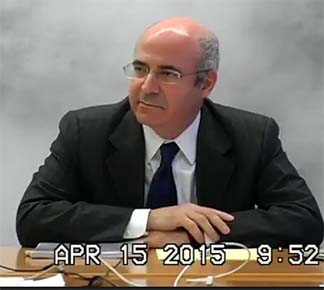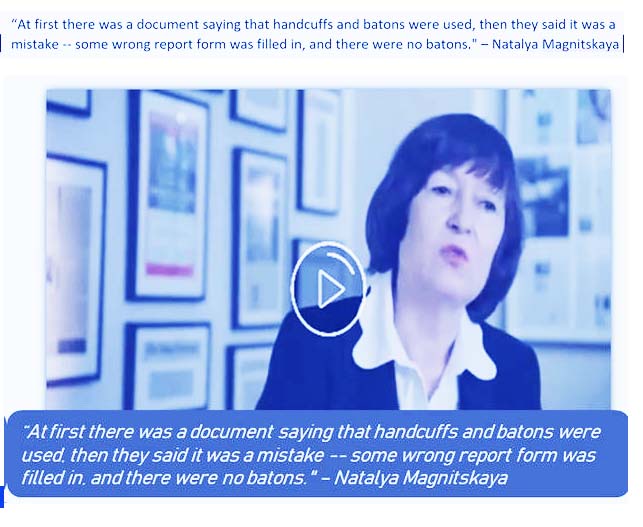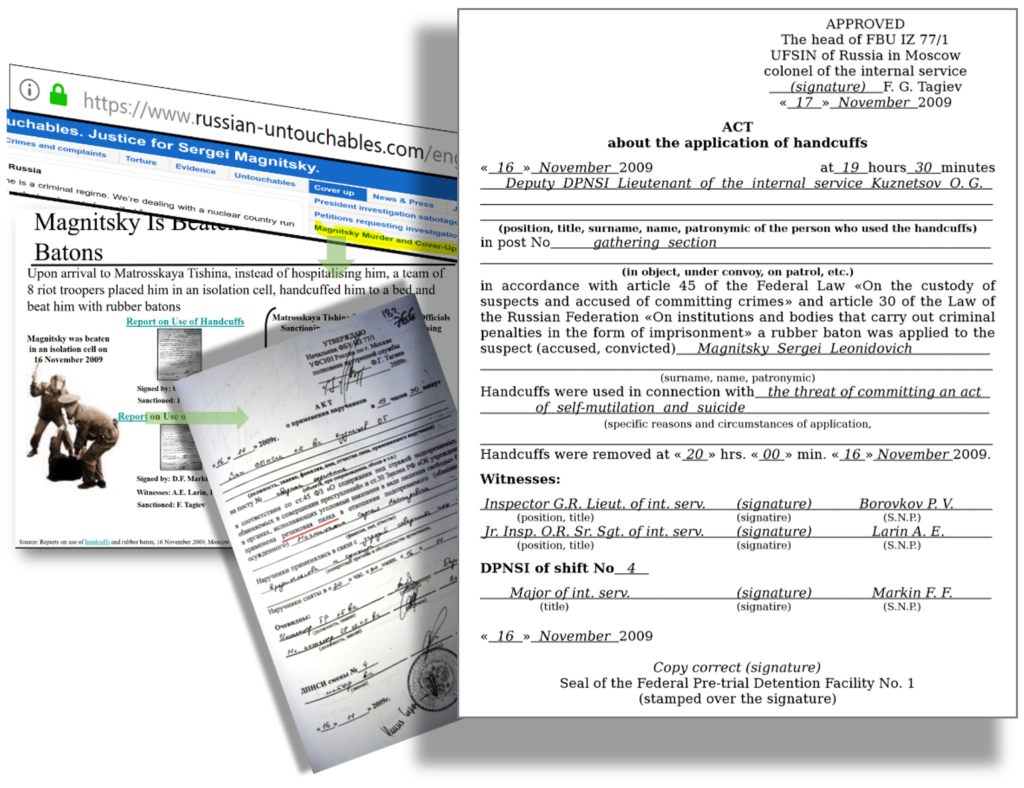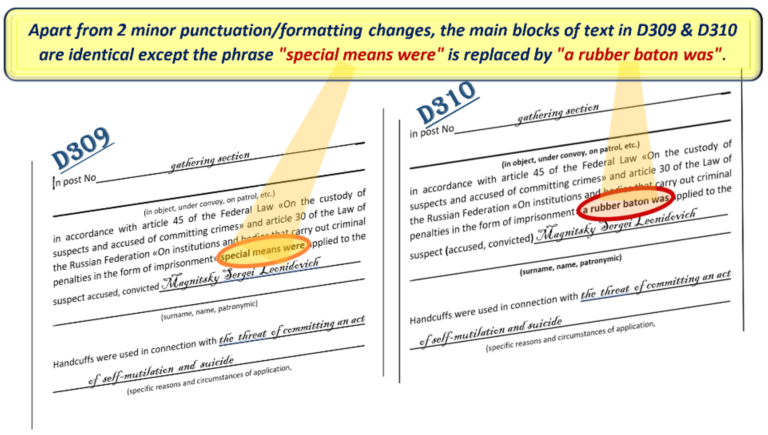By Lucy Komisar
Sept 4, 2019
I wrote this to The Washington Post a week ago, and also to fact checker Glenn Kessler and then to media critic Margaret Sullivan. The Post turned down the response, to be expected from a very Russophobic publication. No response from the truth tellers.

Here’s what I said: In an editorial Aug 29, responding to a European Court of Human Rights ruling two days earlier, the Post repeats claims and distortions about the death of Sergei Magnitsky for which it does not supply evidence and which are contradicted by the facts.
[Magnitsky was the accountant of William Browder, who worked for Firestone Duncan, the accounting firm that organized his tax evasion.]
Further, indicating its lack of objectivity, it focuses on Magnitsky‘s death and ignores that fact that the Court said, “The Russians had good reason to arrest Sergei Magnitsky for Hermitage tax evasion.” That the arrest “was based on reasonable suspicion of his having committed a criminal offence.”
The editorial starts with Magnitsky‘s photo with the caption “Russian lawyer Sergei Magnitsky…..”
As even William Browder – whose tax evasion the Court refers to — acknowledged in a deposition, his accountant Magnitsky did not go to law school or have a law degree or law license. Magnitsky‘s testimony lists him as an auditor.

Then the editorial says, “Magnitsky had exposed Russian officials who fraudulently obtained a $230 million tax refund from their government using pilfered corporate documents.”
No, Magnitsky didn‘t expose anything. The tax refund fraud was exposed by a Russian, Rimma Starova, in statements to the Russian police in April and July 2008. Browder gave the story later in July to the New York Times and Vedomosti (link works despite strike-through). Magnitsky mentioned the fraud in October 2008, but didn‘t accuse officials. All those documents are public.
Indeed, Magnitsky was seriously ill and didn‘t get proper care. There is no evidence he was beaten. The Moscow Public Oversight Commission (POC) report, done by an NGO charged with investigating prison conditions, which did the only independent on-site investigation, and the Physicians for Human Rights (Cambridge, Mass) report which used the POC report and other documents supplied by William Browder, agreed that that Magnitsky died of untreated medical problems. Neither mentions beatings.
In a May 6, 2010 hearing by the House Human Rights Commission, Browder said, “They transferred him to Matrosskaya Tishina prison, which has a hospital. But instead of giving him medical treatment, they put him into a straitjacket, put him in an isolation cell for 1 hour and 18 minutes, until he was dead.”
It wasn‘t till 2011, when he was pressing for the Magnitsky Act, that he invented – with no evidence — the story that Magnitsky had been beaten. (Dec 13, 2011, University of Cambridge Business School.)
The European Human Right Court doesn‘t destroy the Russian position, as the Post would say. The Russians agree Magnitsky got inadequate care, they didn‘t say he was “inflicted” wounds, but got them when he was banging around his cell, including knocking a metal couch at a cell door. The Post, by the way, does not mention the “wounds,” which were bruises on wrists from handcuffs and on ankles and legs, none life-threatening. There have never been allegations of bruises on head or torso. There was extensive investigation of what happened to Magnitsky in prison, most credibly by the independent POC.
No document said rubber batons (plural) were used. Magnitsky‘s mother told documentary maker Andrei Nekrasov that the writing on batons appeared to be a mistake and she didn‘t believe he had been beaten but had died from bad medical care.

In fact, a comparison of two documents which Browder posts on his website are instructive. A genuine document gives permission for use of handcuffs with the handwritten words “special means were” applied. This conforms with the POC report that handcuffs were used during a half hour when Magnitsky seemed psychotic. The header is “Report about the application of handcuffs.”
The second document Browder posts changes those handwritten words to “a rubber baton was” applied, but changes nothing else in the text and keeps the form header “Report about the application of handcuffs.” Other handwritten words appear traced. The Russian prison system does not have a pre-printed form for the use of batons.


The Washington Post should take care to support such serious charges with evidence. The European Union should carefully consider whether it wants to adopt the Post’s advice for other countries to adopt sanctions based on such flawed and fabricated claims.


Pingback: 20 fake US media articles on the Browder Magnitsky hoax and one honest reporter (from Cyprus) – The Komisar Scoop